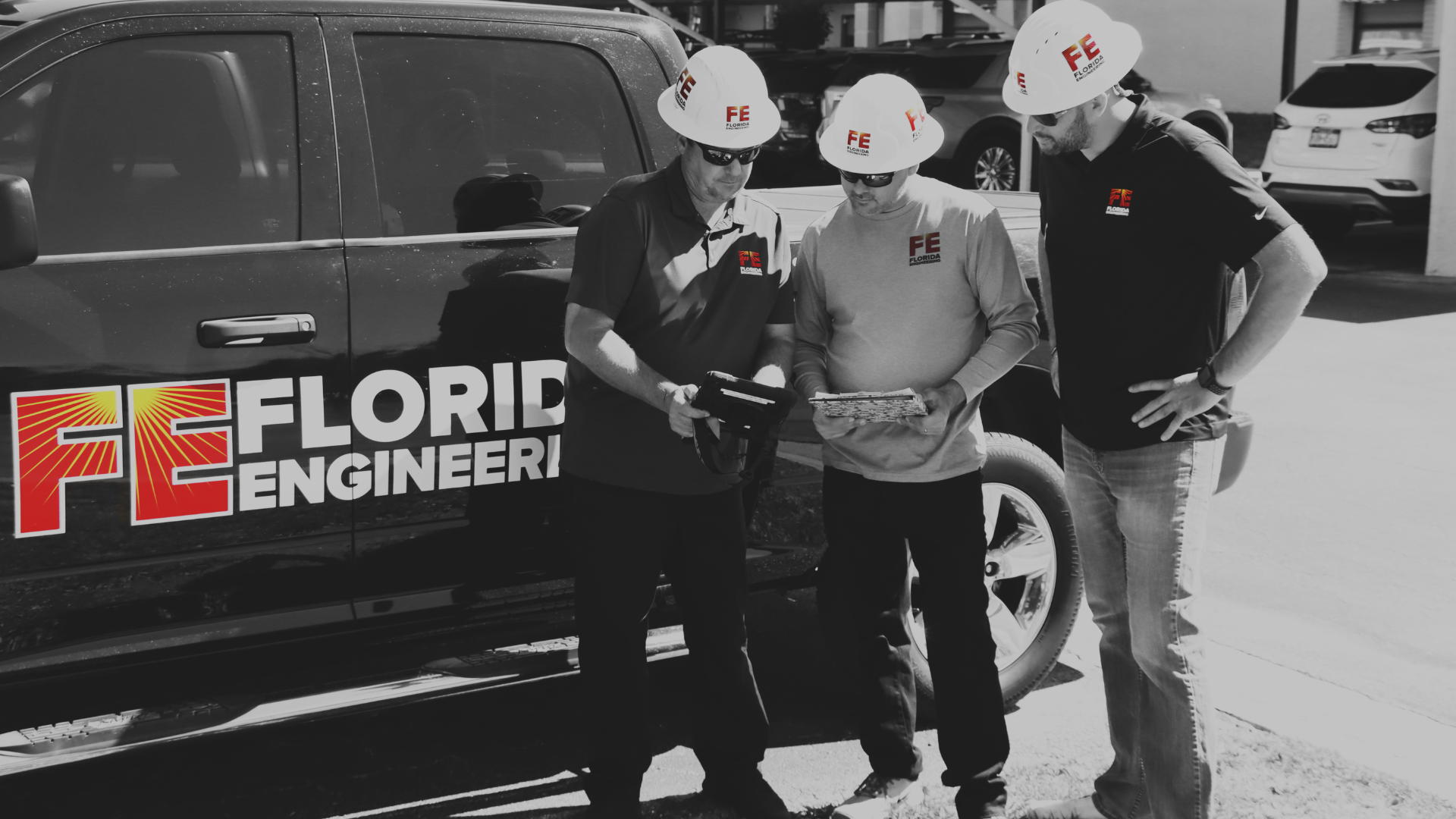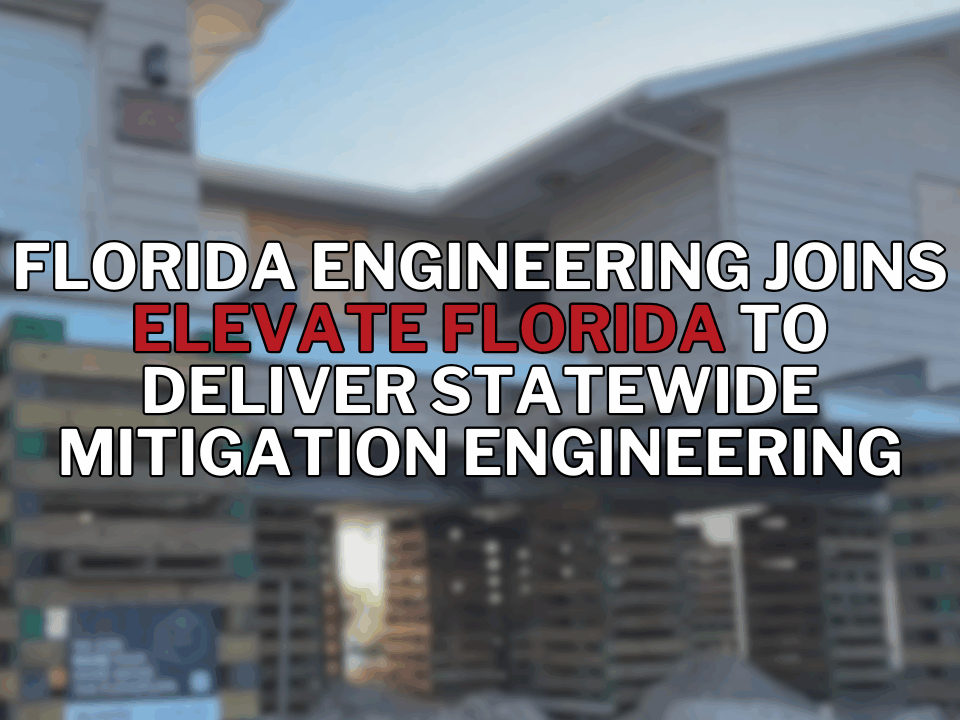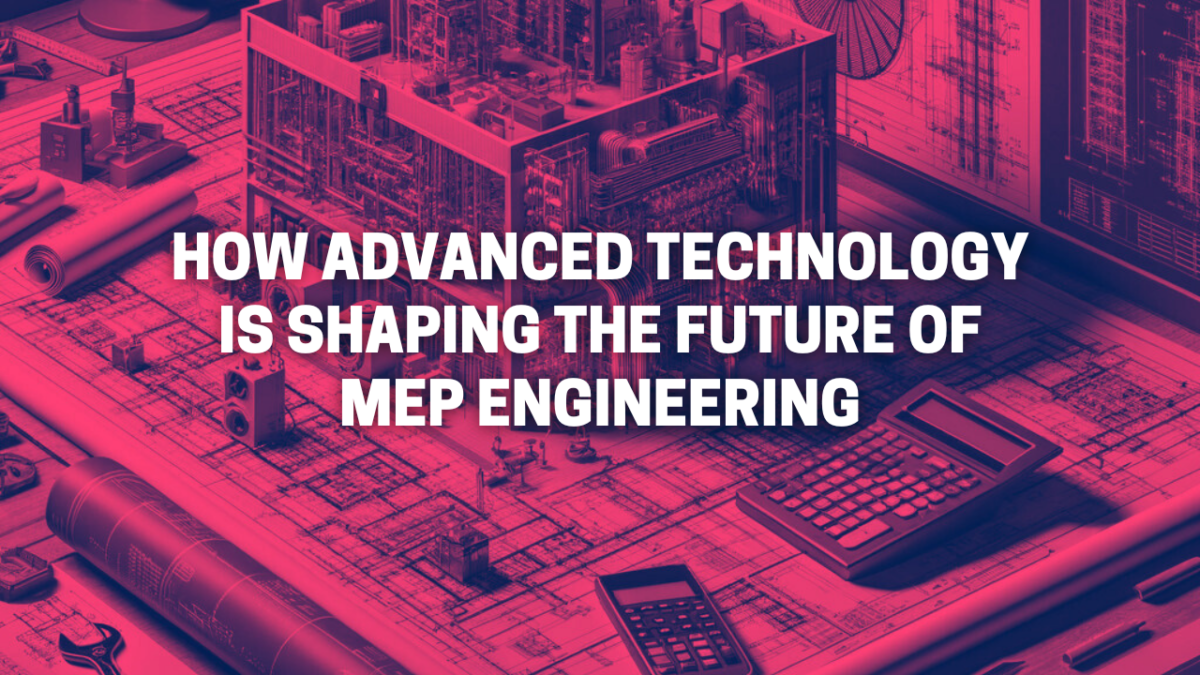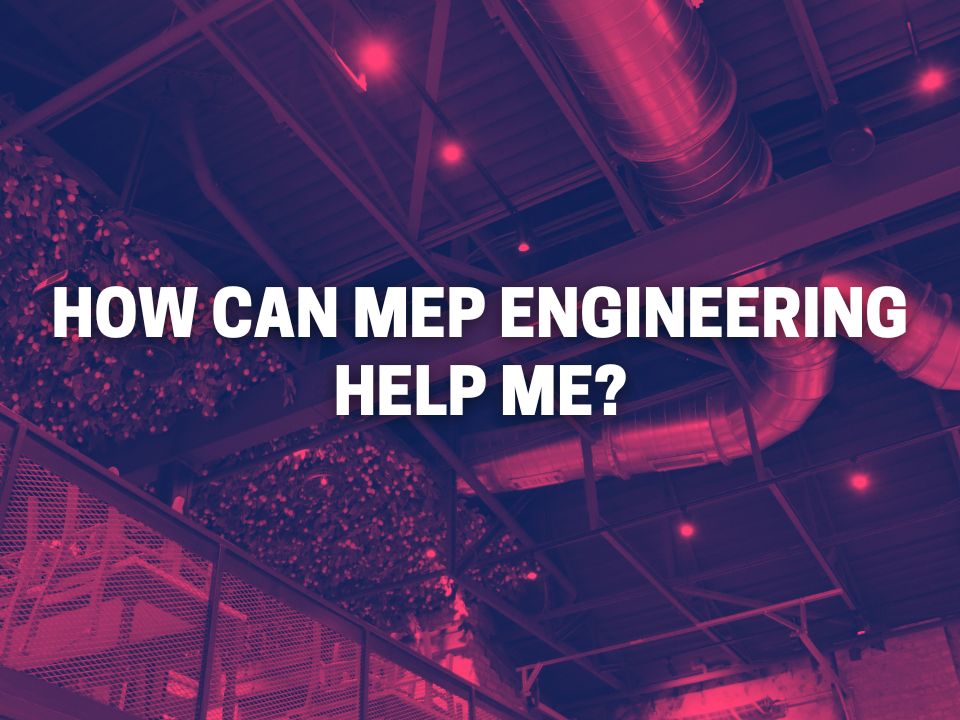MEP engineering (Mechanical, Electrical, and Plumbing) is a crucial aspect of modern construction. Advanced technologies are revolutionizing MEP engineering plans, enhancing efficiency, sustainability, and reliability. In this article, we explore how these technologies are transforming MEP engineering and their impact on the design and implementation of essential systems.
The Role of Advanced Technology in MEP Engineering
Building Information Modeling (BIM)
Building Information Modeling (BIM) is a significant advancement in MEP engineering. This technology enables the creation of detailed 3D models of buildings, incorporating mechanical, electrical, and plumbing systems. Key benefits include:
- Improved Collaboration: BIM allows better collaboration among architects, engineers, and contractors by providing a shared platform for project information.
- Enhanced Visualization: Engineers can visualize and analyze spatial relationships between different systems, identifying potential conflicts before construction begins.
- Accurate Documentation: BIM provides precise and comprehensive documentation, crucial for project planning, execution, and maintenance.
Advanced Electrical Design Software
Advanced software tools for electrical design are essential for creating efficient and reliable electrical systems. Features include:
- Automated Circuit Design: Software can automatically generate circuit layouts and wiring diagrams, ensuring accuracy and compliance with standards.
- Load Analysis: Engineers can perform detailed load calculations to design systems that meet the building’s power requirements without overloading.
- Integration with BIM: Electrical design software integrates with BIM, allowing seamless coordination with other building systems.
Sustainable Technologies
Sustainability is a major focus in modern MEP engineering. Advanced technologies support sustainable practices through:
- Renewable Energy Integration: MEP systems can incorporate solar panels, wind turbines, and other renewable energy sources to reduce reliance on fossil fuels.
- Energy Recovery Systems: Technologies such as heat recovery ventilation systems capture and reuse energy that would otherwise be wasted.
- Green Building Certifications: Advanced MEP designs contribute to certifications like LEED (Leadership in Energy and Environmental Design), promoting environmentally responsible building practices.
IoT in Residential Projects
The integration of IoT in MEP systems brings significant advancements, especially for residential projects. Key benefits and tips include:
- Smart Thermostats: Devices like the Nest Thermostat* optimize heating and cooling based on real-time data and occupancy patterns, enhancing energy efficiency.
- Smart Lighting Systems: Systems such as Philips Hue* allow for remote control and automation of lighting, reducing energy consumption and enhancing convenience.
- Leak Detection Systems: Sensors can detect water leaks early, preventing costly damage and conserving water. Consider systems like Flo by Moen*.
- Smart HVAC Systems: These systems can adjust settings based on real-time data, improving air quality and energy efficiency. Products like Ecobee* are highly recommended.
- Home Automation Hubs: Centralized control of various IoT devices, such as the Samsung SmartThings Hub*, can streamline the management of home systems for better efficiency and comfort.
*Please note that other products are available. Florida Engineering does not endorse these specific products; they are referenced solely as examples.
The Benefits of Advanced Technology in MEP Engineering
- Increased Efficiency: Advanced technologies streamline the design and implementation process, reducing errors and improving efficiency. This leads to faster project completion times and lower costs.
- Enhanced Accuracy: Tools like BIM allow engineers to create highly accurate models, ensuring all systems work together seamlessly, reducing the risk of costly rework during construction.
- Improved Sustainability: Technologies that support energy-efficient designs and renewable energy integration help reduce the environmental impact of buildings, resulting in long-term cost savings for building owners.
- Better Maintenance and Operations: Smart sensors and IoT enable real-time monitoring and control of MEP systems, facilitating proactive maintenance and improving operational efficiency. Building managers can address issues before they become major problems, extending the lifespan of systems.
- Superior Comfort and Safety: Advanced MEP designs ensure optimal indoor conditions, enhancing comfort and safety for occupants. Efficient HVAC systems, reliable electrical systems, and effective plumbing solutions all contribute to high-quality indoor environments.
Conclusion
The integration of advanced technology in MEP engineering plans is transforming the construction industry. From BIM to advanced electrical design software and sustainable technologies, these innovations are making buildings more efficient, sustainable, and comfortable. At Florida Engineering LLC, we leverage the latest advancements in technology to deliver top-notch MEP engineering solutions. Contact us today to learn more about how we can enhance your next project.
Contact Us – The MEP Engineer Near Me – Florida’s Top MEP Engineer
- Phone: 941-391-5980
- Email: contact@fleng.com
- Address: 4161 Tamiami Trail, Suite 101, Port Charlotte, FL 33952
Connect With Us
Related Services







